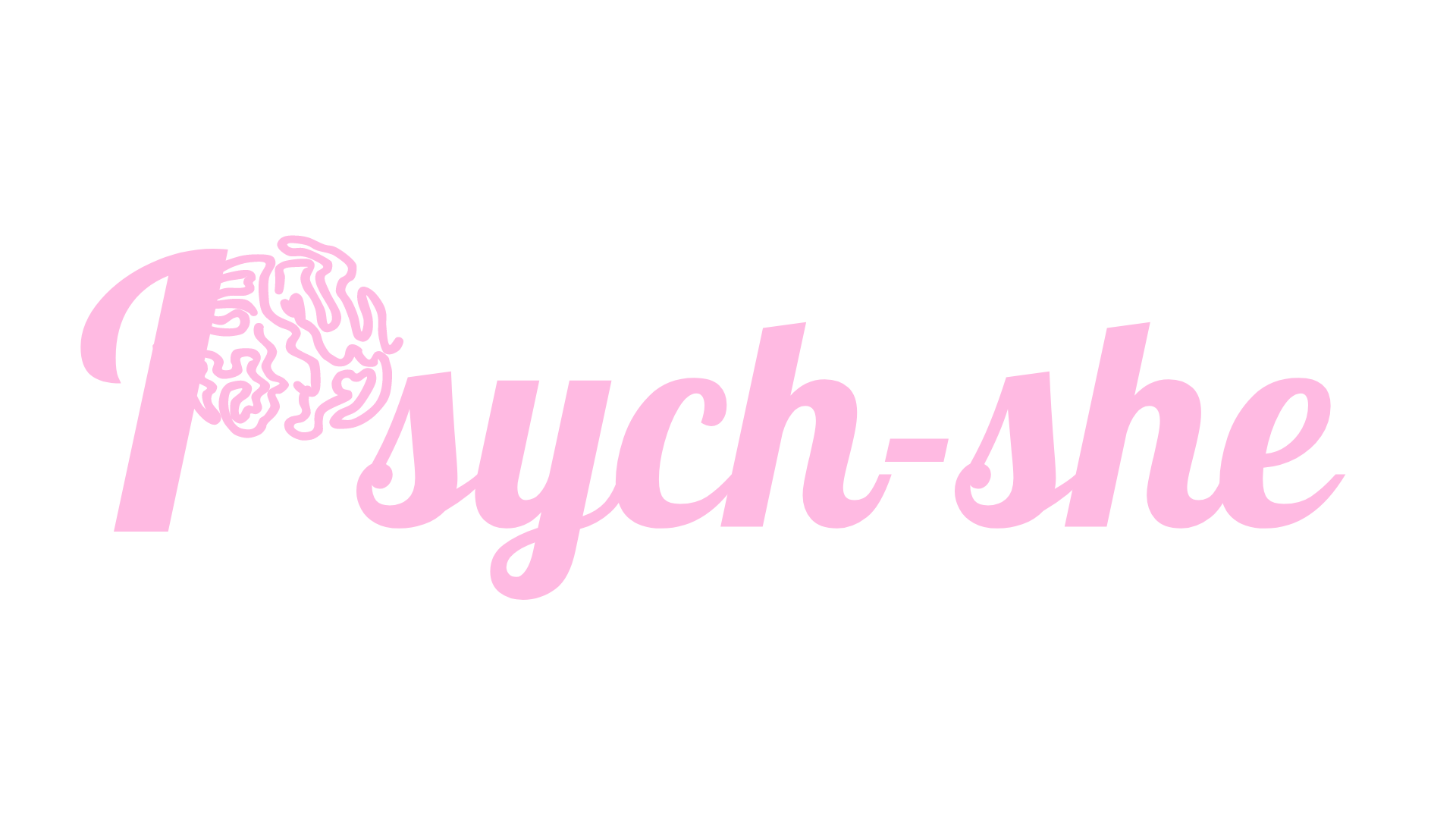For many of us, one simple action, phrase or behaviour can change the dynamic of a relationship, and even be grounds for a breakup. But if we can go from being completely attracted to our partner to utterly repulsed by them, can we ever see past an ick?
There are five words that will always keep me up at night. When I first heard them, I was in a club with my boyfriend of just under three months. I felt comfortable in our relationship, and thought it was heading in the right direction. Then the Bee Gees came on, and tragedy struck.
With chest, he sang: “Bald-headed woman… bald-headed woman to me.” My stomach dropped and I could feel my heart pounding all over my body. Why would anyone butcher ‘More Than A Woman’? Is he not embarrassed? But most importantly, how will I ever get over this?
Funnily enough, I didn’t. We aren’t together anymore. We’re not even friends. I broke up with him on a random Tuesday about a month later, never even mentioning the Bee Gees massacre and giving him a random excuse about bad timing. But why now, over a year later, does this still make my skin crawl?
According to Dr Raquel Peel, a psychologist who specialises in romantic relationships, I’m still showing symptoms of ‘the ick’. Dr Peel says: “The ick is a self-defence mechanism or strategy adopted when someone is not feeling safe, regardless of whether this feeling is justified or warranted.
If an unexpected behaviour is suddenly turning them off, they can start to question their choice of partner and relationship. Instead, they should consider questioning what might be happening for them. Reactions that may seem ‘out of the blue’ often have an explanation that runs deeper.”
Having established the issue was now with me, I began to worry. What is this deep-rooted problem I apparently have? Dr Peel says: “Often people’s reason for abruptly ending a relationship over a seemingly trivial reason is fear. Fear of intimacy, commitment and rejection are a few possibilities.
“Over time, being familiar with a partner and having similarities with them, such as interests, values, and political attitudes, are more relevant and more likely to lead to greater happiness and relationship satisfaction.”
Like any sane person, I rushed to get a second opinion. However, fear also came up when Lisa McFarland, a relationship expert and coach, examined my case. She says: “If you were very brave and said, ‘your singing is giving me the ick, what can we do about this?’, this could have been addressed.
“I know talking through something like this is scary and it feels very vulnerable, and it’s almost like we don’t want to hurt them, but if you’re breaking up with them, they would probably rather know the truth.”
But rest assured, those of us who get the ick are not all awful people. “Breaking up with a partner over an ick is not necessarily unreasonable,” says Dr Peel. “At the end of the day, the partnership needs to be viable. Some relationships are not meant to be and letting someone go can be the smart decision.”
In hindsight, we were not very compatible. But was I too hasty in calling it off? Dr Peel says: “It is possible to get over an ick and stay with a partner. It’s about managing relationship expectations and it gets easier the more you understand your partner and relationship. It takes insight with honest reflection and maturity.”
A couple who have been able to recover from their icks are Emma Jolliffe, 20, and Jemma Little, 21. Having been together for three years, Emma says: “We do sometimes give each other the ick. I get this with the way Jemma speaks to her friends, and says ‘girly pop’ or ‘pookie’.
“This is usually in an ironic way though, so I can see past it.” Jemma says: “I get the ick about how into playing rugby Emma is, and if we’re ever watching England play, she gets a bit too excited. But I recognise that it makes her happy.”
So how do we keep overlooking these? “We have brought the ick up to each other before, but it’s never been in a way that would break us up,” says Jemma. “It’s more something we laugh about.” Emma says: “For us the ick is not serious in our relationship. It’s just about accepting that your partner has quirks.”
But why do so many of us continue to end something over an ick? In 2020, Dr Peel and Professor Nerina Caltabiano conducted a study to investigate why we self sabotage, and found a few of the reasons tend to lie with women. They said: “Women are often the ones either expressing or holding onto high expectations for the relationship.
“Therefore, they might resort to blaming their partner for their frustrations with the engagement. Individual differences regarding self-esteem might be contributing to younger women blaming themselves (as opposed to their partners) and deeming themselves unworthy of relationships.”
So should we be more accepting of our partners, even if something is bothering us? Mrs McFarland stresses that we must never ignore ‘red flags’.
“Gaslighting would be a huge red flag,” she says. “Whenever I’m coaching younger ladies, I always say when you start questioning what you said or whether you even said it, that’s the first big red flag.”
But the ick could actually be something we should pay more attention to. “The ick isn’t always triggered by trivial things; this is why the process of reflection is important,” says Dr Peel.
“If the issue triggering the person to question the relationship is something that confirms a partner is not a good fit (like different attitudes or values that cannot be managed long-term) or poses a genuine risk, the ick is a warning system serving the role of protection.”
If we catch the ick during every relationship, however, this is not always positive. Dr Peel says: “The ick does become problematic when a person finds themselves in a cycle of avoiding relationships before giving it a chance, or abruptly ending relationships with potential.”
But what can we do to change this? “We must remember that we show love how we want to receive it,” says Mrs McFarland. “There are five love languages: time, touch, words of affirmation, acts of service and gifts.
“Let’s say your love language is gifts, so you’re always buying your partner something, but their love language isn’t gifts so they’re not buying you anything. Now you might have the ick because you feel your efforts aren’t being reciprocated, but it’s not their love language. But you very much can learn to speak a different love language, it takes effort.”
We need to remember that our perceptions of love are allowed to be different. The Office for National Statistics published that in the 1970s, over three quarters of women were married by the age of 25.
Today, you are unlikely to be married before 30. So it seems it’s almost normal to struggle maintaining relationships in our twenties. To tackle this, Mrs McFarland says: “The more confident you become, the better communicator you are. Kindness, communication, and awareness are so important.”
I’m going out with my boyfriend tonight, and can see us together in the future. Maybe I will finally be able to find the cure for the ick. As long as the Bee Gees don’t come on, this relationship should be ‘Stayin’ Alive’.
Lisa McFarland
Northern Irelands leading relationship coach and founder of Relationship Coaching NI.
Dr Raquel Peel
Internationally recognised relationships expert and an award-winning educator and researcher. Her TEDx talk on relationship sabotage was featured as one of the most popular talks in the TED series ‘How to Be a Better Human’ and TEDxShorts.




